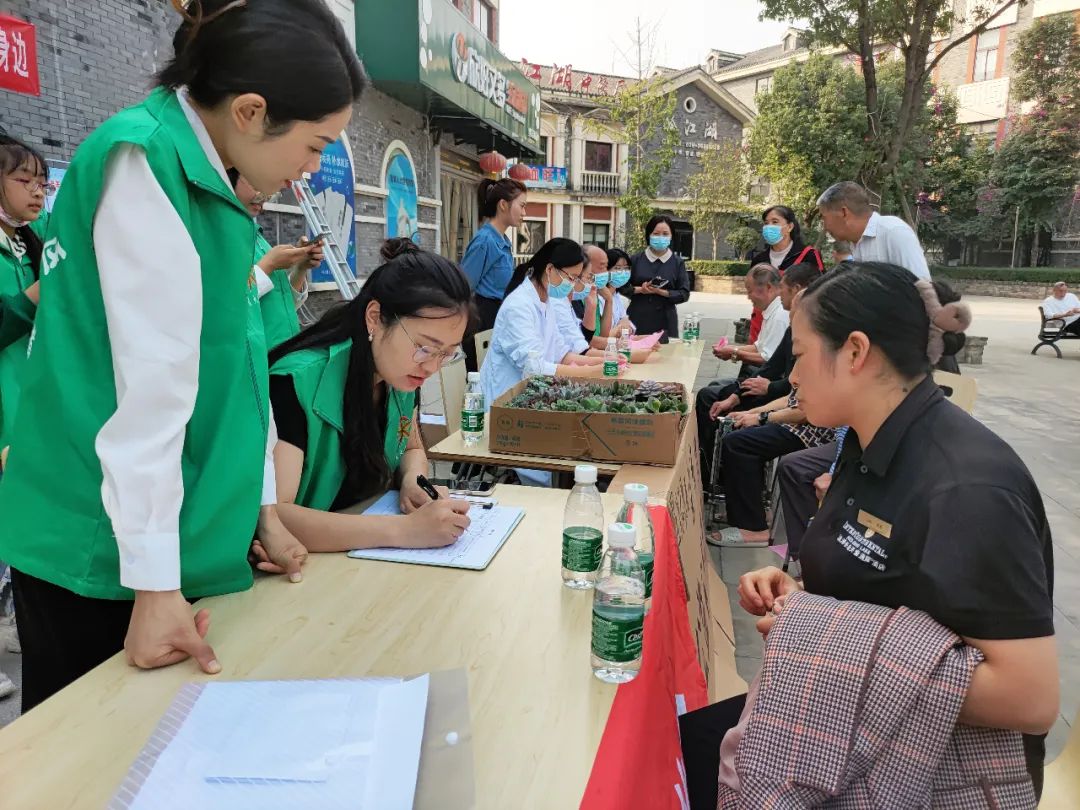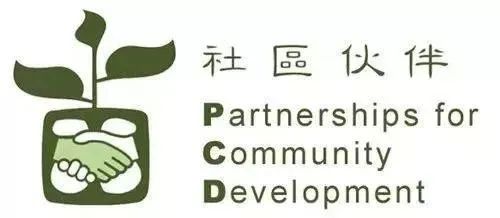从小入大:乡村绿色领导力的培养 |《社区伙伴年报 2021-2022》
来源:农业人才网
时间:2023-11-08
15:17:53
作者:农业人才网
浏览量:
内地项目
这年度,我们继续与草根社区和社群一起深化对可持续生活的理解,交流经验;也因应生态文明、乡村振兴等重要策略,扩展多元网络,促进不同群体的对话,把宏观议题连结社区实践。
从小到大,
乡村绿色领导力的培养
社区伙伴与云南绿色发展基金会合作,在云、贵、川推动的“乡村社区绿色领导力能力建设项目”(以下简称“绿色领导力项目”)第二期招募伊始,成都青朴社会工作服务中心的何桥腊(小桥)不想再申请,她认为第一期项目没有“像样的成果”,没了再申请的信心。后来一位老师鼓励她说:不要认为自己能做多大的事,先从小处切入,再逐步深入,然后沉下心来,跟着社区的变化而走。
得到老师的鼓舞,她申请到第二期项目,项目地点依然在小桥的家乡四川黑龙滩的社区。黑龙滩水库是 20 世纪 70 年代由全县人民共建的,小区为典型的“农转居”(农业户口转居民户口)拆迁安置小区。社区居民环保意识淡薄,公共事务参与度较低。小桥希望通过开展绿色领导力项目,培养社区生态保护的本地协作者团队,并扩大参与生态保护群体的联系项目共有八个议题和相应的协作小组,绿色领导力的内涵,也是小桥和该项目的伙伴反覆讨论的共识。探索方向包括追求价值导向、公益心、文化认同、社区关系建立,也注重与自然的内在联系,建立内在动力。
在项目过程中,小桥最初组织一些分享会,说着参与式、反思这些“高大上”的词汇,却不能与村民聊到一起,于是她开始与村民拉家常。居民其实有很多经历和想法,农转非(农业户口转为非农业户口)后他们离开土地,很多人找不到事儿干,原有的技能也变得不值一提。可是他们在交流碰撞中重新审视自己的过去和现在的生活。
慢慢地,小桥了解到大家对土地感情深厚,就从土地入手,组织和土地有关的活动,居民化身为“老师”,深入探讨植物跟自己、跟环境的关系。小桥见大家兴趣提起来了,就顺势从土地植物转到项目上来。她与社区 10-20 位的积极分子深入讨论学习和相关行动。主动牵头很难,小桥化身提问者:“为什么这些植物养不活?小区垃圾去哪儿了、这些垃圾怎么处理呢?”居民就成为问题的解决者,会主动以观察、行动来回覆,也会定期在微信群分享和讨论。
小桥的实践让我们看到,个人思维的转化也带动了社区的转化。目前,扎根在农村探索可持续生活的人和组织来,加上行动者大多善于组织活动,但疏于人的培养;或只偏重技能的培养,对人的成长和改变不知道如何进行。从注重做事和服务转变为看重人的改变,需要方法,也需要时间和耐心。小桥和各协作小组一样,都在培育绿色领导力的路径与方法。
 社区骨干组织爱家活动,吸引社区居民参与环境保护行动。
社区骨干组织爱家活动,吸引社区居民参与环境保护行动。
Community leaders encourage residents to engage in environmental protection.In
the past year, PCD further expanded our network of collaboration and
dialogue and built strategic bridges for ecological civilisation and
rural revitalisation, our two main goals. Our partners bring new
approaches – such as nature education – as well as new community
responses to climate change. They enrich our understanding of
sustainable living.
START SMALL, GO DEEP:
CULTIVATING ECO-LEADERSHIPPartnering
with Yunnan Green Environment Development Foundation, PCD launched the second
phase of the Community Green Leadership Project in Yunnan, Guizhou and Sichuan
Provinces.
One
participant in the first phase, He Qiaola (Xiaoqiao), who founded Chengdu
Qingpu Social Work Service Centre in Sichuan Province, felt she hadn’t achieved
“decent results” and lost the confidence to continue. But an experienced
community worker guided her, “Forget about
big things. Start small, go deep. Be grounded, and follow the flow of the
community.”
Encouraged,
Xiaoqiao and her team rejoined and decided to work in her hometown of Heilongtan,
in Sichuan Province, hoping to develop a team of local facilitators for
ecological conservation.
Situated along the Heilongtan Reservoir, which was built by the people of the
whole county in the 1970s, the town is a typical agricultural-turned-urban community
– that is, with demolition and resettlement. There also tends to be a low
awareness of environmental issues and low participation in public affairs.
Despite
these difficulties, Heillongtan still enjoyed social cohesion. Xiaoqiao and her
community partners had come up with ideas around the pursuit of values, public spirit,
cultural identity, community connection, the connection with nature, and
motivation. They devised eight initiatives in all, each with its own
facilitation team.
Xiaoqiao organised
sharing sessions, using ‘participatory approach’ and ‘reflection’ practices
that were unknown to the community and which did not yield much conversation.
She then just talked casually with townsfolk, which brought forth considerable
knowledge, experience,
and suggestions. Through these talks, people realised that with the dissolution
of rural Heilongtan life, they had become idle, which made them feel that their
skills were inadequate and inconsequential, if not obsolete. They began to take
a new look at their lives.
Gradually
learning that most everyone in Heilongtan felt a deep affection for the land,
Xiaoqiao followed the flow and shifted to land-related activities. About twenty
residents joined a learning and action group, becoming “teachers” and
discussing the role of plants in their local environment. Seeing their
interest, Xiaoqiao shifted to asking questions: “Why can’t this plant grow?
Where does the community’s garbage go, and how can we deal with it
better?” The members then became “problem solvers” and went around the town,
observing, seeking solutions, and maintaining regular discussions with each other
through WeChat.
Organisations
working towards rural sustainable living are dwindling – many are strong at
running events and training sessions, but weak at nurturing personal growth.
The shift from performing tasks and services to facilitating
personal transformation calls for appropriate approaches, time, and patience.
Xiaoqiao and the facilitation teams are exploring their path of cultivating
eco-leaders. They have learned that a transformation of perspective drives the
transformation of a community.社区伙伴是一家在中国内地与香港工作的社区发展机构,2001年5月由嘉道理基金会创办及资助(经由麦哥利夫人所管辖的基金部分)。嘉道理基金会成立于1970年,创办人贺理士・嘉道理爵士一直秉持“助人自助”的信念。社区伙伴于香港注册,为香港特别行政区《税务条例》第88条下获豁免缴税的慈善机构。2017年8月,社区伙伴以环境保护部(现生态环境部)为业务主管单位,在北京市公安局登记,成立北京代表处。
社区伙伴没有任何宗教或政治背景,致力与社区一起探求人与人、人与大自然的和谐共存之道,学习和实践有尊严并可持续的生活。社区伙伴通过文化反思、培育社区协作者、搭建网络与平台等工作手法,激发社区内在动力,促进人和社区对可持续生活的理解,践行可持续生活。于中国内地,社区伙伴与合作伙伴在生物多样性保护、生态农耕、自然教育、环境保护与污染防治等领域开展合作。而香港项目则主要以转化学习、社区经济、应对气候变化的社区韧性,以及文化与社区建设四个核心议题而展开。同时,社区伙伴也会连接海外可持续生活的网络,相互学习及协同。









